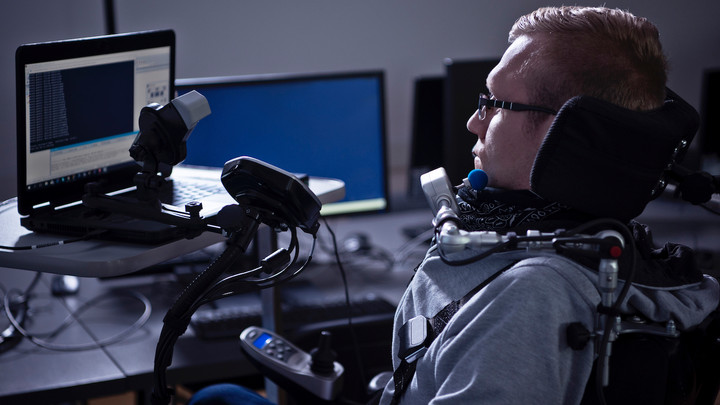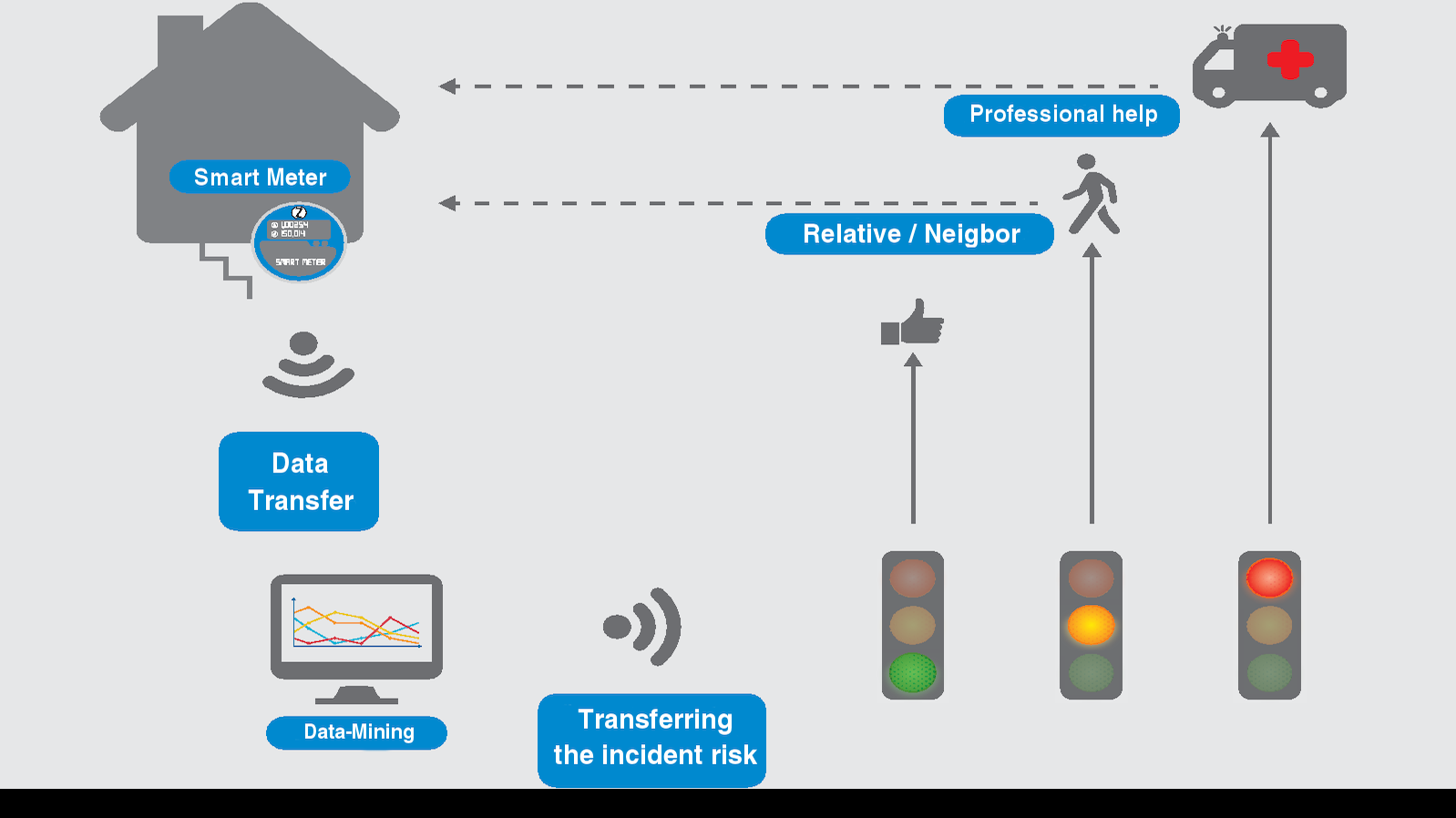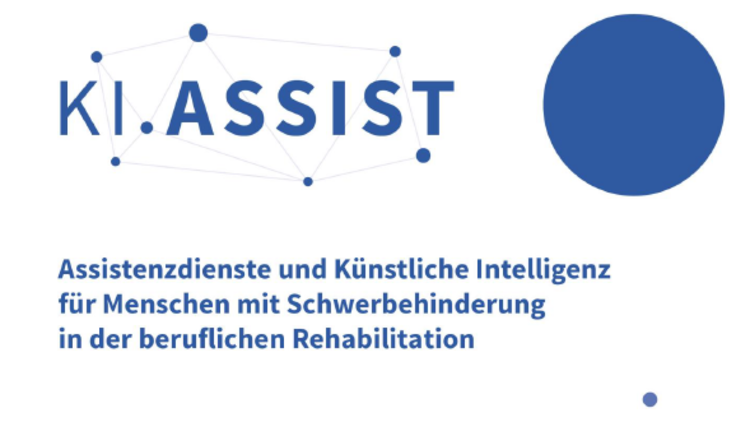Using AI to Support People with Disabilities in the Workplace
How can people with disabilities benefit from digital technologies and AI in the workplace? Hauke Timmermann of the eco Association introduces the research project KI.ASSIST.

© DOBphoto | istockphoto.com
How can people with disabilities benefit from digital technologies and artificial intelligence in the workplace? The project KI.ASSIST, funded by the German Federal Ministry of Labor and Social Affairs (BMAS) attempts to answer this question. The KI in the project name is short for ‘künstliche Intelligenz’, the German for artificial intelligence (AI).
Technical developments in the field of digital assistance systems and artificial intelligence are subject to a high dynamic and their potential to support the activities and participation of severely disabled people in the workforce have only barely been tapped.
The objective of KI.ASSIST is to test digital assistance services in vocational rehabilitation over the next three years in order to facilitate the transfer of the results into the general labor market for people with disabilities. Fundamental questions of ethics, responsibility, data protection, and self-determination are seldom discussed in regard to people with severe disabilities, and therefore a deeper social and professional discourse is needed.
In a first step, the project will analyze the established assistance services for people with disabilities and will then develop and evaluate possible application scenarios for vocational rehabilitation.
In a second step, these scenarios will be implemented in so-called ‘experimental learning rooms’ provided by partner institutions, vocational training centers, vocational promotion agencies, and companies. The learnings and experiences will then be evaluated by the project’s research partner DFKI, the German Research Center for Artificial Intelligence.
The project will also examine how people that use these experimental rooms can actually benefit from the use of AI-based assistance systems. Especially in the field of vocational rehabilitation, the application of AI and intelligent virtual assistance systems offers a great opportunity to provide individual support at places of learning and work and can help to promote inclusion in the workplace.
In addition to the foundation of experimental learning rooms, the scope of KI.ASSIST includes establishing a national platform that offers dialogue and communication formats, working groups, qualification, counseling, and mentoring. The platform will provide recommendations for supporting digital transformation and hereby focuses on infrastructure, personnel, technology, organization, and change processes.
The main project partners are:
- German Federal Association of Vocational Advancement Centers - Bundesverband Deutscher Berufsförderungswerke e.V. (BV BFW) (overall project coordinator);
- German Federal Working Committee of the Vocational Training Institutes - Bundesarbeitsgemeinschaft der Berufsbildungswerke (BAG BBW);
- German Federal Association of Sheltered Workshops - Bundesarbeitsgemeinschaft Werkstätten für behinderte Menschen e.V. (BAG WfbM);
- German Research Centre for Artificial Intelligence - Deutsches Forschungszentrum für Künstliche Intelligenz GmbH (DFKI)
The eco Association supports the project as an official KI.ASSIST network partner.
Hauke Timmermann is Consultant for Digital Business Models at the eco Association and is the contact person at eco for the KI.ASSIST project.






